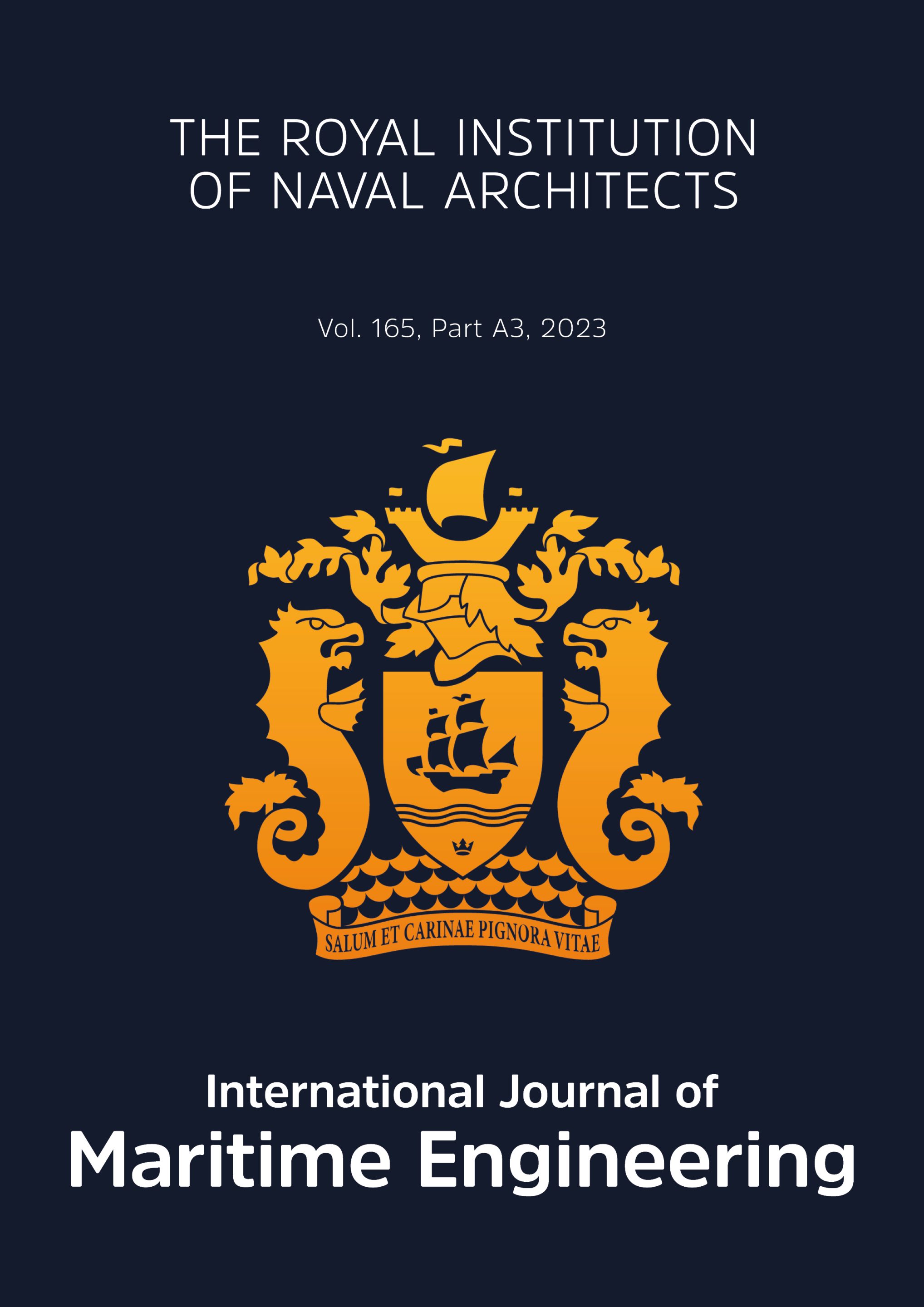Sallaum Lines moves in on net-zero with newbuild PCTC Ocean Breeze
A series of six LNG-enabled pure car and truck carriers are set to play a crucial role in Sallaum Lines’ efforts to decarbonise its transportation operations
Read stories from across our global community, including industry updates, event highlights, and insights shaping the future of naval architecture and maritime engineering.
A series of six LNG-enabled pure car and truck carriers are set to play a crucial role in Sallaum Lines’ efforts to decarbonise its transportation operations
The US Navy is pioneering a new approach to shipbuilding with its Landing Ship Medium (LSM) programme, an approach it hopes will enable it to quickly bring large numbers of newbuilds into service on time and on budget
Outfitted in the Netherlands, with a hull built in China, Somtrans’ new bunker barge, United LNG I, will help the company to extend its LNG bunkering capacity across various Belgian and Dutch seaports
The forthcoming Oceanus17 USV from UK-based ZeroUSV will incorporate most of the components and design features that characterised its earlier, smaller, Oceanus12 model, speeding up the design, engineering and build phases
Keep up to date on the latest news, insights and innovations from across the maritime community. Our flagship title, The Naval Architect, covers everything from commercial shipping and small craft to defence and advanced design, while our yearly publication Significant Ships, showcases the most innovative and commercially important vessel designs of the prior year.
Make sure you're the first to hear about the latest news and developments in the maritime industry!
Our eNewsletters are available to both members and non-members, giving regular updates on technical developments in the industry, forthcoming Events, networking opportunities and much more!

Browse papers from our conferences such as Wind Propulsion and Warship, showcasing cutting edge research vital to the future of maritime.
Or discover peer reviewed technical papers from the annual RINA Transactions.

Our peer-reviewed journals, IJME and our annual transactions, share relevant research from the fields of naval architecture and marine engineering. Enabling professionals, academics, and students to exchange ideas, present findings, and push the boundaries of innovation.

Discover the Royal Institution of Naval Architects’ rich history through our archives. Explore past issues of our journals, and historical records that reflect over 160 years of innovation and advancement in naval architecture and maritime engineering.